Lindsey Guenther, our Community Service Co-Director, spoke to our general body about her internship at the U.S. Consulate General in Frankfurt am Main, Germany. During her time in Germany, she was a Human Resources Intern where she created a professional development program for other interns. During her internship, Lindsey learned many soft skills such as public speaking, networking, leadership, and responsibility.
Lindsey’s Tips and Recommendations:
Study Abroad or consider applying for an international internships if you like to travel, undergrad is the best time!
Start looking early
Explore different industries that excite you
Think outside the box and try something new
Lindsey also gave places to start looking for these opportunities. Existing programs include:
Worldinternships.org
Goabroad.com
CIEE.org
Other good resources to search for open positions are:
Company websites
Indeed
Glassdoor
linkedIn
Monster
Isenbergworks and Handshake
2. Don’t let fear hold you back! Have the confidence to take risks and be independent.
3. Prepare
A lot goes into studying or interning abroad. Keep in mind you need a passport, international health insurance, flights, etc. It is also wise to pack lightly and correctly depending on the climate where you are going abroad. You will most likely end up buying clothes there! Another thing we don’t think about is cell phones. You need to purchase an international cell phone plan or know there will be wifi available. Last but not least, research the culture of the local citizens and community you will be living in.
Final Tips: Why Study or Intern Abroad?
Learn about yourself
Gain independence
Discover the world
Please feel free to reach out to Lindsey if you have any questions about studying or interning abroad at lguenther@umass.edu.
